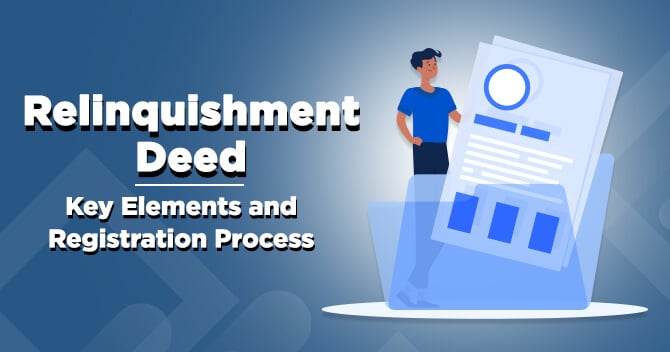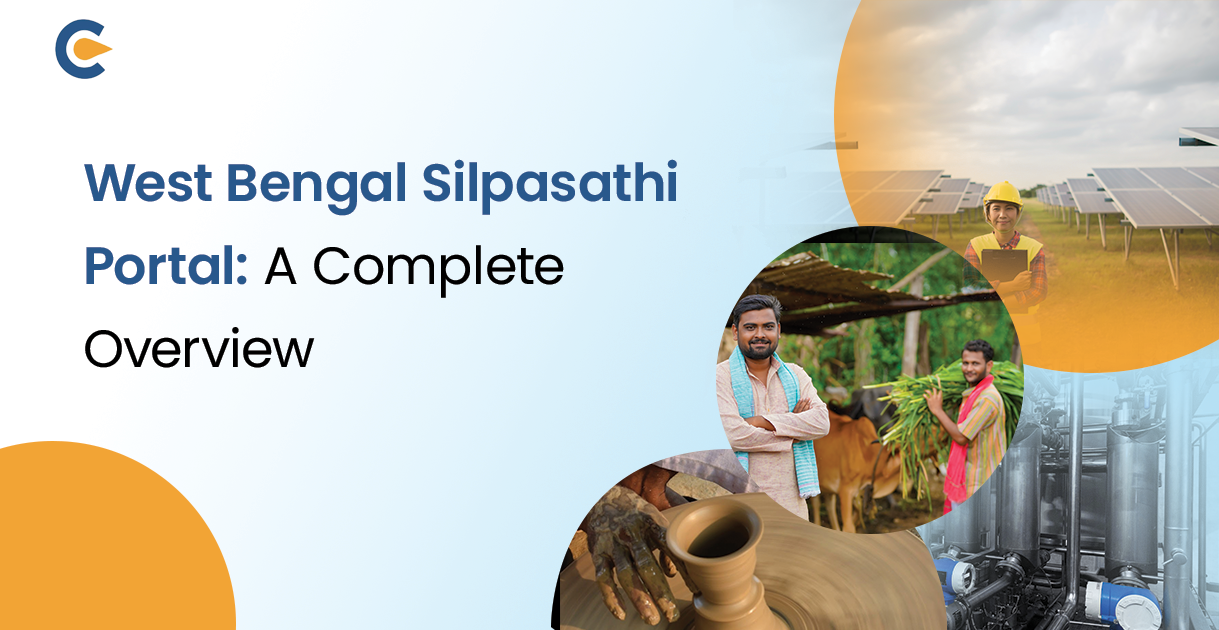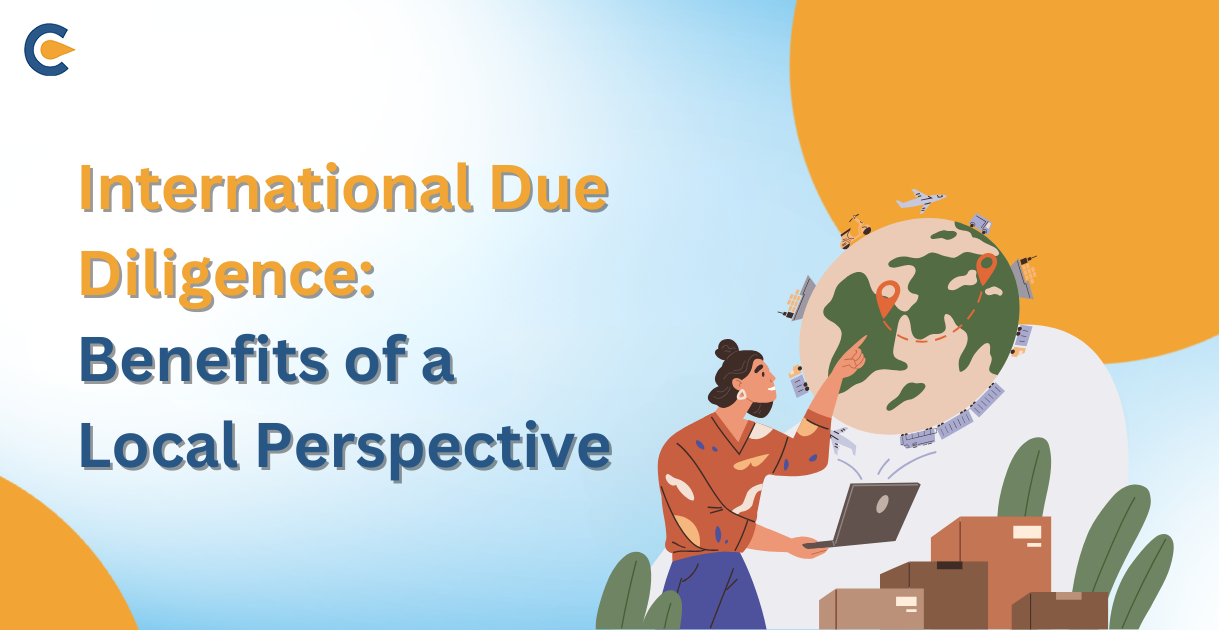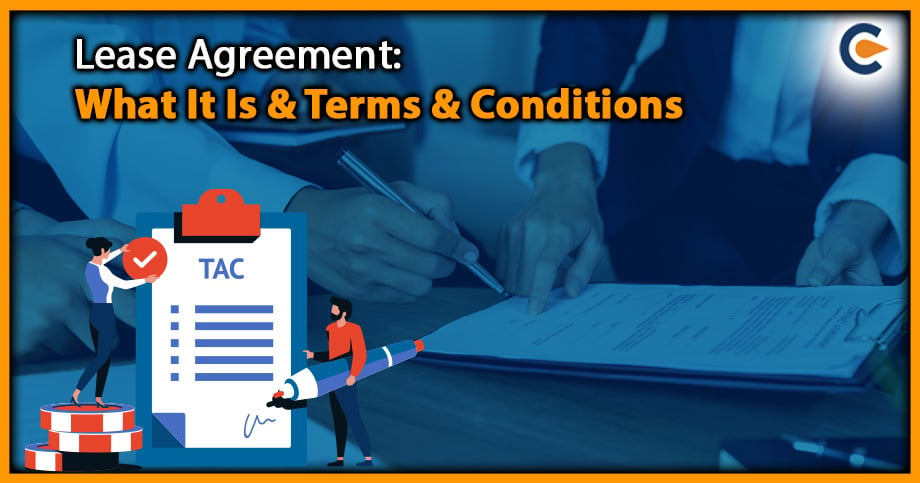Many people avoid creating a will for years. And many times it happens that a person dies without one. When a person dies without a will, it is said that the person died “intestate”. In such a case, when a person dies “intestate” the property of that person is inherited by his/her legal heir. Now, if there are two or more legal heirs and they wish to separate the property further, they can resort to the relinquishment deed which allows a smooth transfer of property. Relinquishment deed is a legal document where a legal heir gives up his legal rights in an inherited parental property for another legal heir such as his mother, son, daughter, brother, sister etc. The process of transferring property from one co-owner to other co-owner with or without any consideration is known as “Relinquishment of Property”.
Points to be considered on Relinquishment of Property
- The relinquishment of property can only be done by someone who is the legal heir of the property. In case there are more than one heirs of a property, either of the two co-owners can do relinquishment.
- The relinquishment of property can only be done in the name of a person who is the co-owner of the property. Relinquishment of property cannot be made in favour of a person other than the co-owner. In case relinquishment is made in favour of a person who is not a legal heir of the property, the transaction shall be treated as a gift.
- Relinquishment of property needs to be done through a written document called Relinquishment Deed which must be signed by all the parties and at least two witnesses.
- The Registration of Relinquishment deed takes place in the office of the Sub Registrar within whose jurisdiction the property is situated.
Key Components of the Relinquishment Deed


- A Legal document: Relinquishment deed is a legal document through which an heir can transfer or release his legal right of the inherited property.
- Irrevocable: A release or a relinquishment deed is irrevocable even if it is made without any consideration. For a valid Relinquishment, the property in question must be owned by more than one person.
- Consideration: A relinquishment may be made for a consideration (Release Deed) or even without consideration.
- Registration: Relinquishment deed is a document which falls under Section 17 of the Registration Act, 1908 [1]and hence it is mandatory to get it registered at the concerned sub-registrar office.
Read our article:Public Interest Litigation (PIL): Things You Need To Know
Registration of Relinquishment Deed
Since Relinquishment deed is a legal document in which a legal heir gives up his legal rights in an inherited property in favour of other legal heirs, the said deed must be registered as per Section 17 of the Registration Act, 1908. Following are the steps involved in the Registration of a Relinquishment deed:
- The first step is to prepare/draft a relinquishment deed. It is advised to consult a lawyer who can draft the deed for you.
- The said deed has to be prepared on a stamp paper of Rs 100. Every detail of the relinquished property should be mentioned in the deed.
- Once the deed is prepared, the next step is to submit it before sub-registrar of assurances within whose jurisdiction the property is situated.
- Next, you have to pay the registration fee. Registration fee varies from state to state; generally, it is somewhere between Rs 100-Rs 250 in every state.
- Both the parties and two witnesses have to visit the sub-registrar office on the fixed day for the Registration of the deed. Other documents like passport size photos, identity proof will be needed.
- Once the above-listed procedure is done, Registered Relinquishment Deed can be collected after a week.
- In cases where a person is physically handicapped and cannot come to the sub-registrar office, a provision has been made under Section 31 of the Act, authorizing the Registering officer, to attend at the residence of any person wishing to present a Relinquishment Deed for Registration.
The validity of Relinquishment Deed
Deed of relinquishment is considered valid only when the following situations are fulfilled:
- The person who is relinquishing the property must hold an interest in the property.
- The property to be relinquished must be a Joint Hindu Family property (membership by birth) except the self-acquired the property by the father (no membership right during the lifetime of the father).
Can a Relinquishment Deed be challenged?
Generally, any registered deed cannot be revoked simply on the grounds that the person transferring his/her claim over property has changed their mind. Relinquishment Deed can be challenged based on the same grounds used for revoking a general contract. It can only be revoked when there is a lack of consent and not as per your wishes.
In order to revoke a Relinquishment deed, both the parties involved, i.e. the person who relinquished his property and in whose favour it was relinquished, must give their consent to the cancellation. If the beneficiary of property is unwilling to cancel the deed, you can approach the Civil Court for cancellation of the deed. The time period available for challenging a Relinquishment deed is three years as per the Limitation Act.
Take Away
Many times it happens that a person dies “intestate” without writing his/her will. In such instances, if the legal heir of the property wishes to give away the property for other co-owner, then he can relinquish his share in favour of the co-owner. This transfer of property from one co-owner to another legal heir is made possible with Relinquishment deed. The key element of the process of relinquishing a property is that relinquishment of the property cannot be made in favour of a person other than a co-owner.
Read our article: Non- Disclosure Agreement











